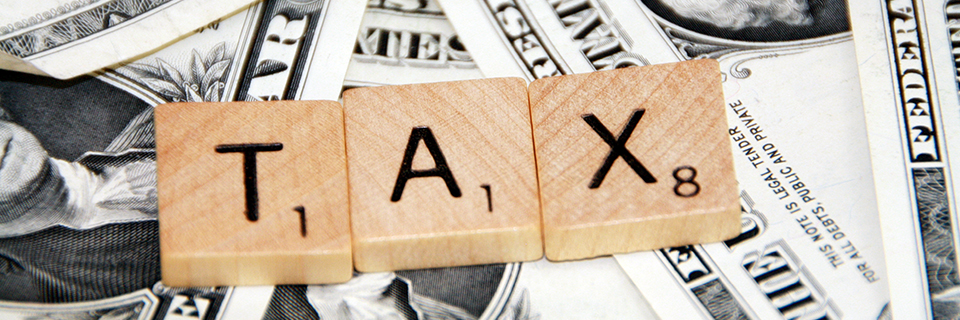In the US, self-employed taxpayers face great challenges when operating business. In order to encourage and help self-employed taxpayers, the Internal Revenue Service (IRS) has provided a number of tax deduction measures. The general or necessary costs associated with the operation may be declared for deduction as long as the receipt or record is maintained. Consolidating the views of many experts, there are seven major categories of items that can be listed for deduction.
Health Insurance Premiums
For self-employed taxpayers, all medical premiums can be included in the deductions. This is the easiest category to ignore.
Since 2014, if you do not join any medical insurance, you must pay a fine and the amount of the fine increases year by year. As a result, when a self-employed taxpayer joins a medical insurance, he not only can avoid punishment but also can enjoy the benefits of full deductions when filing tax returns.
Travel Expenses
When going on business trips, self-employed taxpayers do not need to drive to the destination to save money. All travel expenses can be deducted as long as more than one hour is spent on handling business at the destination of business.
In addition to expenses such as parking fees and airfare, self-driving drivers can also provide reasonable expenses for deduction. According to rules, the cost deduction for self-employed travelers in 2017 is 53.5 cents per mile. If a self-employed taxpayer forgets to register the car mileage, he can calculate the deduction based on the distance between the two places using online map tools.
Clothing and Equipment Costs
Any special cost of clothing and equipment related to the business can be declared deductions, including goggles, gloves or uniforms. Items that can be listed must be the clothing or equipment necessary to carry out the business, and the daily attire is not included in the deductions.
Self-employed taxpayer is the previously mentioned sole proprietor, also known as small private business. Self-employed taxpayers annually must declare 15.3% of self-employment tax, on the Schedule C of the 1040 Form, which includes 12.4% social security benefits and 2.9% medical benefits. Even if higher taxes are required, the US government also provides a number of tax deduction measures for self-employed taxpayers. To effectively help this type of taxpayers to reduce taxes, we recommend growing the habit of keeping records and properly keeping receipts. The deductible costs include medical insurance costs, travel expenses, and clothing & equipment costs.



